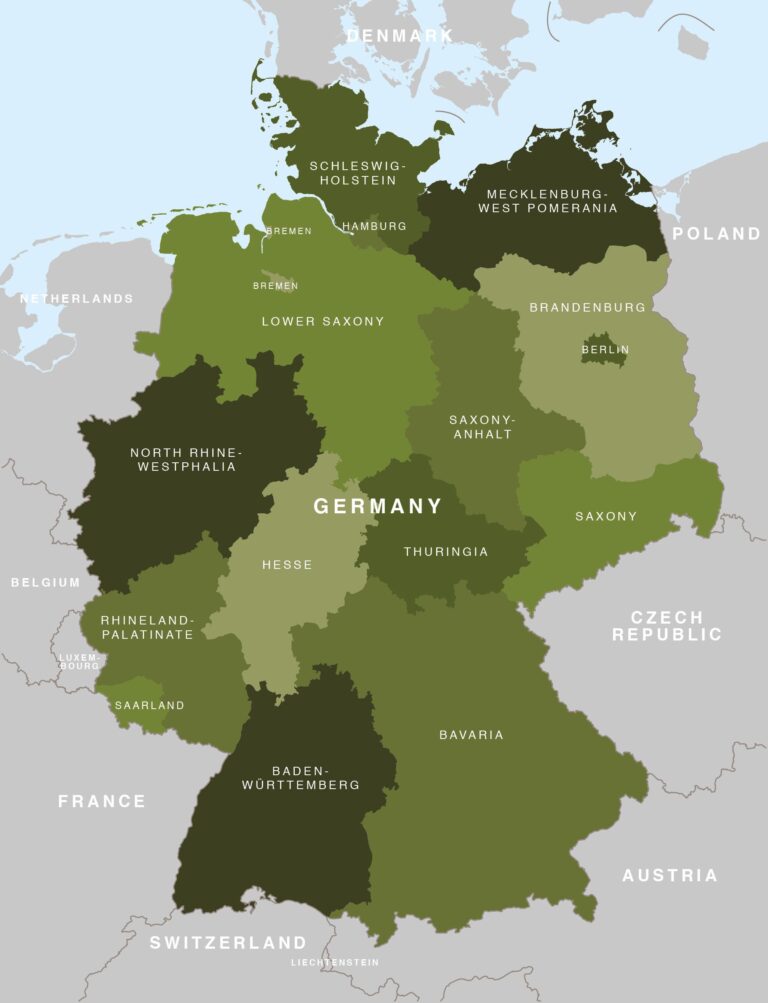Germany’s recent announcement of a temporary freeze on weapon exports has sparked intense debate among policymakers and international observers. Critics question whether this move represents a meaningful shift in Germany’s approach to arms sales or is merely a symbolic political gesture aimed at appeasing rising public concern over the global impact of German-made weapons. The Stimson Center explores the implications of this development, examining the motivations behind the freeze and its potential consequences for Germany’s defense industry and foreign relations.
Germany’s Weapon Freeze Raises Questions About Long-Term Defense Strategy
The recent decision by Berlin to impose a temporary freeze on weapon exports has sparked intense debate among defense analysts and political observers alike. While presented as a moral stance driven by concerns over escalating conflicts globally, critics suggest it might signal an underlying uncertainty about Germany’s long-term defense industry priorities. The move could impact existing commitments within NATO and to key allies, prompting questions about the sustainability of Germany’s current security policies in the face of evolving geopolitical tensions.
Among the key implications are concerns regarding:
- Supply chain disruptions: A freeze could delay essential arms deliveries, complicating joint military operations.
- Economic ramifications: Germany’s defense sector, a major exporter, may face financial setbacks affecting jobs and innovation.
- Diplomatic strain: Allies may view the freeze as a wavering commitment to shared defense responsibilities.
| Aspect | Potential Impact | Duration Risk |
|---|---|---|
| Export Halt | Disrupted contracts, delivery delays | Short to Medium-term |
| Defense Industry | Decline in revenue and innovation | Medium to Long-term |
| Allied Relations | Reduced trust, alliance tension | Long-term |
Germany faces a delicate balancing act between ethical considerations and strategic imperatives. As the freeze lingers, stakeholders await clarity on whether this initiative is a temporary political gesture or the herald of a comprehensive shift in defense policy reflective of a more cautious posture in global arms trade.
Analyzing the Geopolitical Implications for NATO and European Security
Germany’s recent weapon freeze has sent ripples across the NATO alliance, prompting urgent discussions about the bloc’s readiness and unity in the face of escalating global tensions. While the freeze is officially framed as a temporary measure, its impact on European security architecture is already palpable. Allies express concerns that the move could signal a shift in Germany’s defense posture, potentially weakening the collective deterrence that NATO has carefully maintained. This hesitation amplifies existing debates about burden-sharing within the alliance, as other European countries might feel compelled to increase their defense spending or operational commitments to compensate.
- Strategic Ambiguity: Allies are uncertain about Germany’s long-term position in NATO’s defense plans.
- Operational Gaps: Potential shortfalls in key weapons systems prompt reassessment of regional defense schemes.
- Political Ripple Effects: Eastern European members express heightened anxiety over security guarantees.
| Country | Defense Spending % GDP (2023) | Reaction to Freeze |
|---|---|---|
| Germany | 1.4% | Justifies as diplomatic leverage |
| Poland | 2.2% | Cautious, demanding reassurances |
| France | 2.4% | Calls for alliance cohesion |
| Estonia | 2.7% | Wary, seeks increased NATO presence |
Moreover, the freeze exposes fractures within the European Union’s approach to security and defense. It underscores the challenges of forging a unified stance in a region where strategic cultures and historical experiences vary widely. This development could accelerate initiatives aimed at increasing European defense autonomy, yet paradoxically might also drive some member states closer to NATO’s U.S.-led umbrella for reassurance. The evolving dynamics present a complex geopolitical puzzle: balancing national policy priorities without undermining collective security commitments that have underpinned European stability for decades.
Recommendations for Balancing Political Signals with Practical Military Needs
Successfully navigating the intersection between political signaling and military pragmatism requires a nuanced approach grounded in transparency and adaptability. Policymakers must acknowledge that while symbolic gestures serve a vital purpose in diplomatic discourse, they should not undermine the operational readiness of armed forces. Balancing these interests can be approached through clear communication channels between political leaders and military experts, ensuring decisions reflect both the current geopolitical climate and the tactical necessities on the ground.
- Regular strategic assessments to evaluate the impact of weapon embargoes on military capabilities.
- Incremental adjustments to restrictions based on verified changes in conflict dynamics.
- Multilateral coordination with allies to maintain a cohesive defense posture without compromising political unity.
Another vital recommendation is the establishment of contingency frameworks that prepare for potential rapid shifts in security demands. This proactive stance allows governments to temporarily relax armament restrictions when intelligence and field reports indicate heightened threats or urgent operational needs. Moreover, embedding flexibility into legislation related to arms transfers can prevent the paralysis of military effectiveness while upholding the integrity of diplomatic positions.
| Recommendation | Purpose | Benefit | ||||||||||||||||
|---|---|---|---|---|---|---|---|---|---|---|---|---|---|---|---|---|---|---|
| Transparent Communication | Align political and military objectives | Reduces misinterpretations and delays | ||||||||||||||||
| Strategic Assessments | Regularly measure embargo impact | Informs policy adjustments | ||||||||||||||||
Contingency Frameworks
If you’d like, I can also help you with additional content, formatting, or clarifications on this topic! In SummaryAs Germany’s weapon freeze continues to draw international attention, questions remain about whether this move marks a lasting policy shift or a symbolic political gesture. While the decision underscores Berlin’s evolving stance on arms exports amid growing geopolitical tensions, its long-term impact on global security and alliance dynamics is yet to be determined. Observers will be watching closely to see if Germany’s freeze sets a new precedent or ultimately proves to be a temporary response in an unpredictable geopolitical landscape. |




